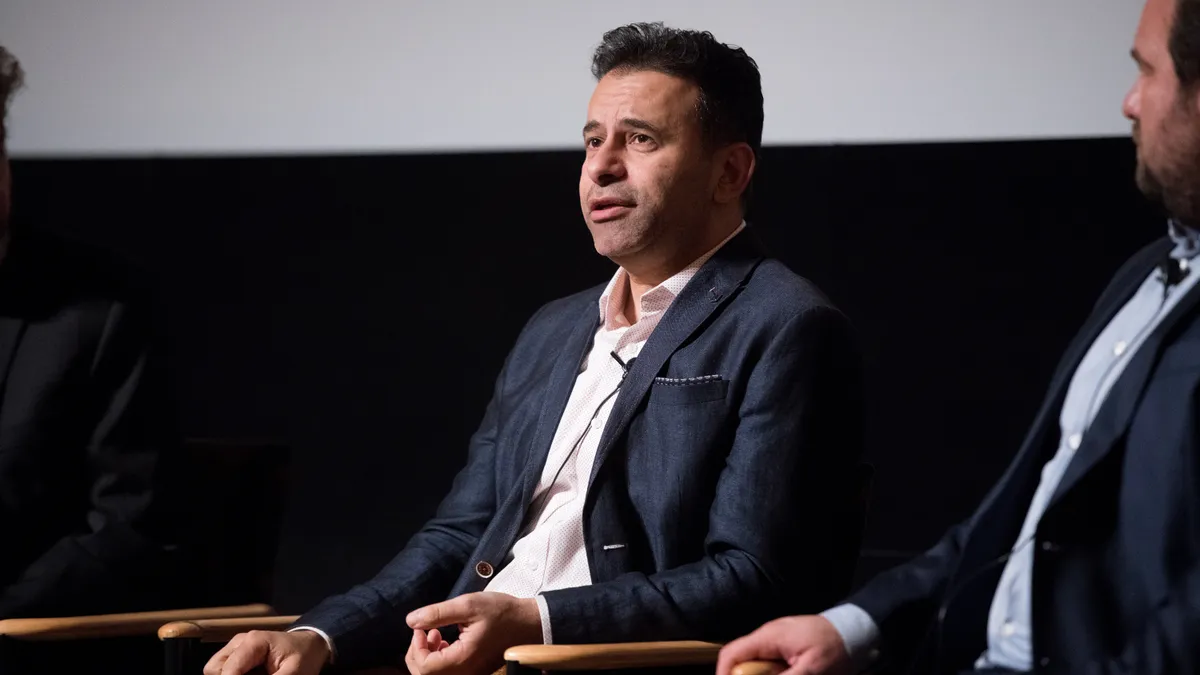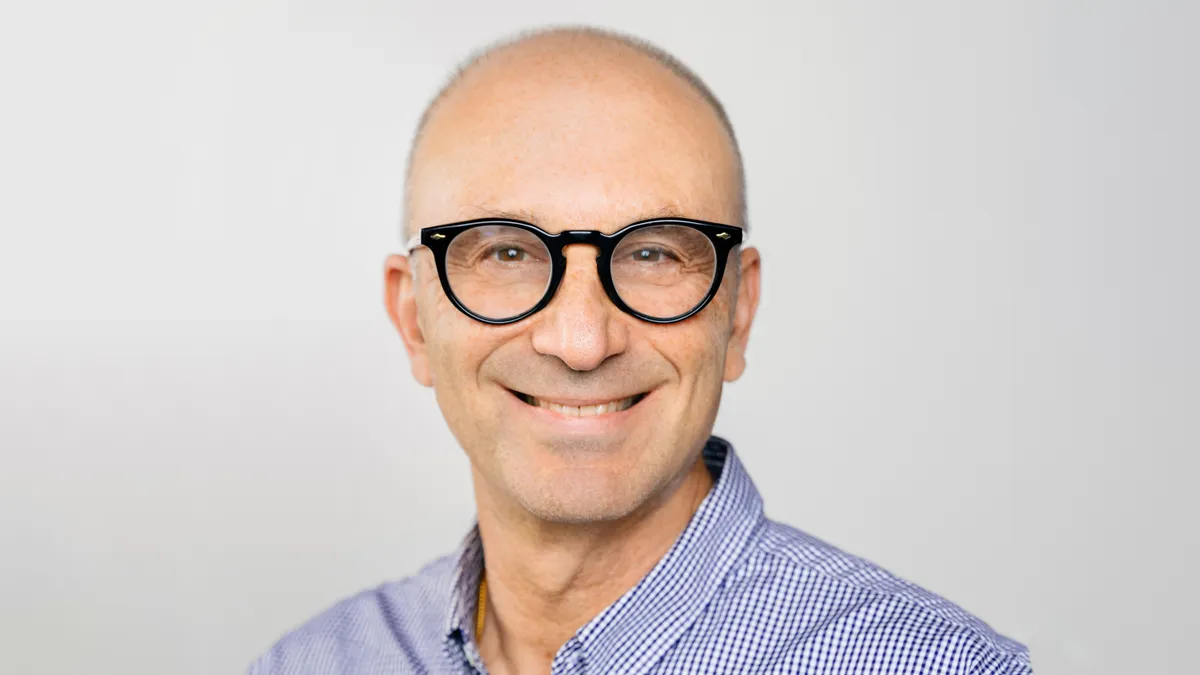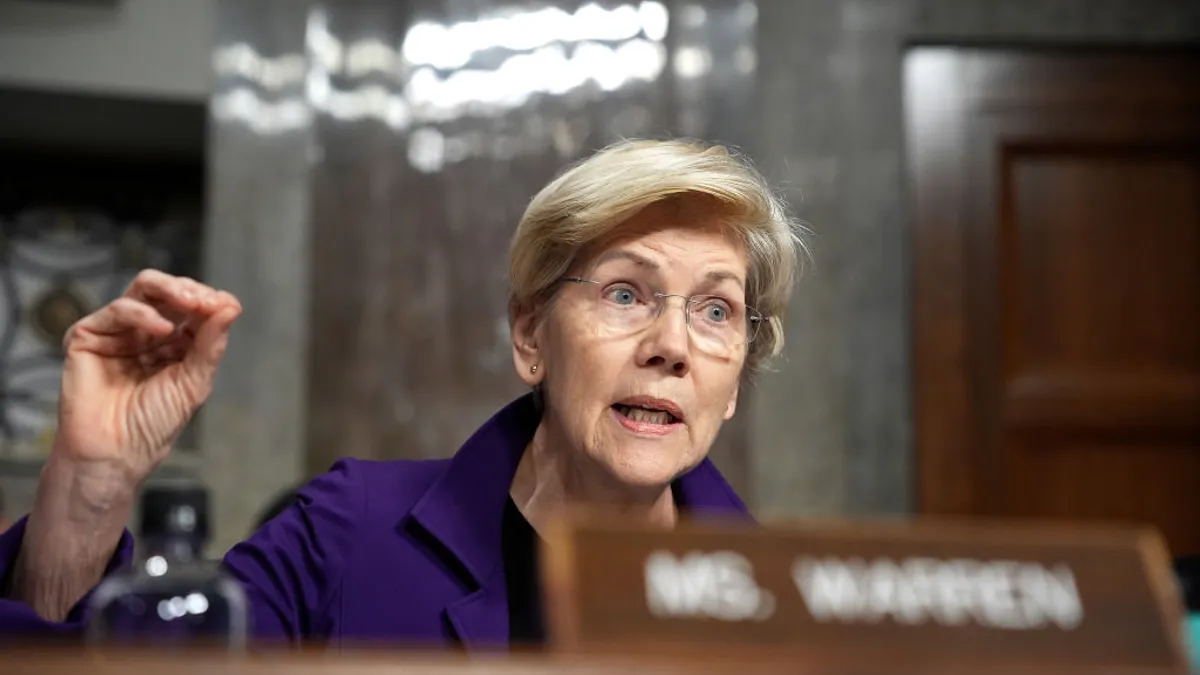When President-elect Donald Trump nominated Dr. Marty Makary as the next FDA commissioner, the cabinet pick was deemed one of his more conventional health leadership selections.
Compared to the HHS secretary nomination of Robert F. Kennedy Jr. — who lacks formal medical training — Makary’s background as a Johns Hopkins surgeon and professor fits the FDA bill. But while Trump chose Makary to “course-correct and refocus” the agency, the doctor’s conflicts of interest in the pharma and insurance industries could raise new concerns once confirmation hearings get underway.
Challenges surrounding conflicts of interest at the FDA run deep — “nine of the FDA’s past 10 commissioners went on to work for the drug industry or serve on the board of directors of a drug company,” according to a recent BMJ report. The agency is often criticized for being a revolving door, and ethics experts have questioned if close ties to the pharma industry create bias in public health decisions. Others argue that it’s difficult to find pharma experts who don’t have industry experience.
Employees at the FDA, including commissioners, are prohibited from holding financial interests, such as stock, in any of the companies the agency regulates. In the past, these conflicts have been disclosed to the Office of Government Ethics and brought during Senate confirmation hearings, with lawmakers questioning potential FDA heads over stock holdings and industry positions before approving nominees.
The nomination of current FDA Commissioner Dr. Robert Califf was originally opposed by the Project on Government Oversight, a nonpartisan watchdog group that aims to root out corruption, due to his close ties to Big Pharma. The group noted he snagged more than $1 million in pharma payments between 2017 and his nomination in 2021. Still, Califf was confirmed by the Senate for a second term as commissioner in 2022 after committing to sell any relevant stocks and end his financial relationships with pharma companies.
But the process of onboarding a new FDA commissioner isn’t always smooth after the pledge to divest is made. In 2006, Lester Crawford, who was commissioner of the FDA for just two months in 2005, pled guilty to conflict of interest and failing to disclose financial holdings that were under the agency’s purview and was fined $90,000 in 2007.
How deep do Makary’s potential conflicts in pharma run?
Makary’s business ties
The chief of Islet Transplant Surgery at Johns Hopkins, Makary has also authored three healthcare books critical of the American healthcare system. But Makary has other board member and advisory titles on his resume that tie him to pharma companies, including a director position on the board at Harrow, an ophthalmic pharmaceuticals company where he earned $40,000 in compensation in 2023.
Makary also serves as a public advisor to health policy research organization Paragon Health Institute, is an advisor to insurance provider Sidecar Health, is a chief medical advisor to benefits brokerage Nava, and is the chief medical officer at Sesame, a telehealth company that offers compounded GLP-1 medications among its suite of services.
The connection to Sesame could become a particular point of contention as the FDA wrestles with GLP-1 drugmakers over how to handle compounded versions of the blockbuster weight loss and diabetes drugs. Due to high demand of the popular medications from Eli Lilly and Novo Nordisk, compounded versions were allowed to be sold when the branded drugs were on the FDA’s shortage list. However, the agency recently flip-flopped on whether certain brand-name GLP-1s were in shortage, leaving the fate of compounded versions, still currently on the market, in limbo.
These connections are likely to be scrutinized when Makary sits in front of the Senate for his confirmation hearing.
Makary will also be working under the oversight of Kennedy at HHS, pending Senate confirmation. Kennedy has a strong stance on conflicts of interest, writing in September that he would aim to “change federal regulation so that NIH funds can’t go to researchers with conflicts of interest.” He also argued that members of USDA advisory committees are prohibited from “making money from food or drug companies,” and could extend the same approach to FDA advisory committees as well.
Trump also has a history of targeting potential conflicts at the FDA. During his first presidential term, Trump required his FDA commissioner pick, Scott Gottlieb, to sign an ethics pledge that prohibited him from holding lobbying positions in the pharma industry for five years after his post with the administration. However, Trump rescinded the ethics rule the day before he left office in 2021. Gottleib ultimately joined the board of Pfizer after leaving the FDA commissioner post in 2019.
Next, Makary will face the confirmation process, though the exact timeline of Senate hearings or Trump’s alternative plans to supplant nominees through recess appointments is still unknown.





















